2025 Spring Meeting
In This Section
To read an article, please click on the down arrow to the right of the article title.
 President’s Message – Kim Van Voorhis – Spring Meeting 2025
President’s Message – Kim Van Voorhis – Spring Meeting 2025
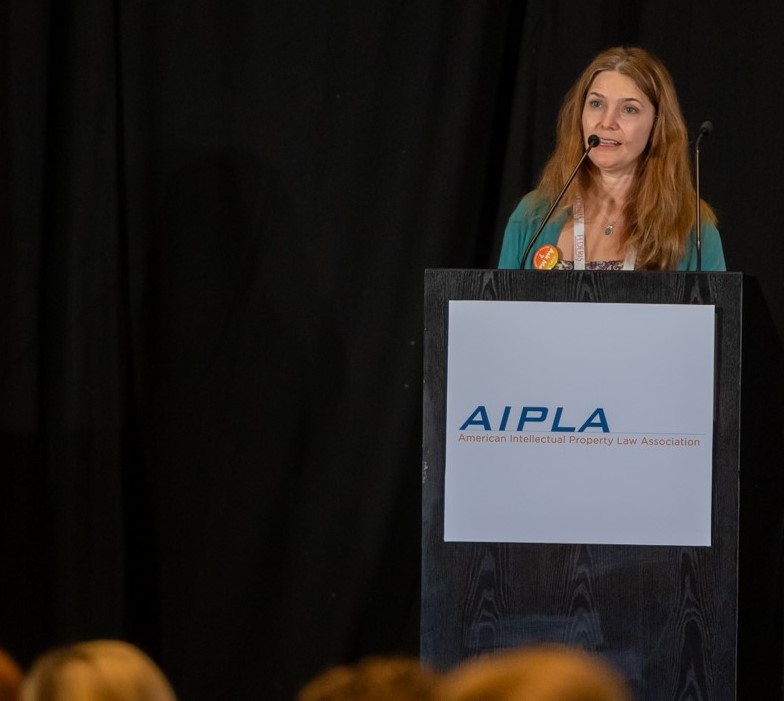
We just wrapped up another successful AIPLA conference in beautiful Minneapolis, Minnesota. With over 550 attendees from 29 countries and 38 US states, we heard from a unique lineup of keynote speakers and engaged in meaningful dialogue on a variety of cutting-edge CLE topics. We sharpened our skills, we networked, and most importantly, we had fun! Thank you to our incredible Professional Programs Committee and the AIPLA staff, to our speakers, and to all who attended and participated in this memorable event. And, a special shoutout to new members and first-time attendees—we’re so glad you’re here and part of the AIPLA community, and we can’t wait to see you in October at the AIPLA Annual Meeting.
As we ease into the summer months and the midpoint of my presidency, I’d like to share a few updates, especially on something many of you have asked about: the Mid-Winter Meeting. In 2023, we announced a pause on the traditional Mid-Winter Institute to explore new formats for that January timeframe. Since then, we’ve been experimenting—last year we co-hosted a diversity colloquium in Puerto Rico, and this year we launched our first-ever Leadership Forum in Palm Springs.
Since we last gathered in October 2024, AIPLA has remained deeply engaged in advocacy, education, and community-building. We’ve submitted comments to the USPTO on several key topics, including the WIPO GRTK Treaty, patent subject matter eligibility, and design patent guidance. We also weighed in with the US Copyright Office on small claims issues and shared our views with Congress on the PERA, PREVAIL, and SHOP SAFE Acts. We’ve filed amicus briefs on important cases like Pegasus Systems v. Appian and EcoFactor v. Google, and even provided international input, including comments on Thai Patent Law and an amicus brief at the EPO.
Internationally, our committees have been active: I recently joined the IP Practice in Japan Committee for their delegation to Tokyo and Osaka, and President-Elect Sal Anastasi traveled with our IP Practice in the Asia Pacific Committee to Singapore and South Korea. Our IP Practice in Europe Committee is currently visiting Munich, Geneva, and Milan. We've also welcomed international delegations from the EUIPO and the Industry IP5 to AIPLA Headquarters.
We’ve kept busy stateside too—hosting 7 in-person events, 6 webinars, and the global Women in IP Networking Event, which spanned more than 50 cities. Our headquarters hosted the Patent Prosecution Bootcamp, we brought the Trade Secret Summit to Nashville, held the Giles S. Rich Memorial Moot Court Competition National Finals with Federal Circuit Judges presiding, and celebrated World IP Day with Senator Tillis' office on Capitol Hill.
 A Leadership Journey in IP: Reflections from AIPLA Board Members
A Leadership Journey in IP: Reflections from AIPLA Board Members
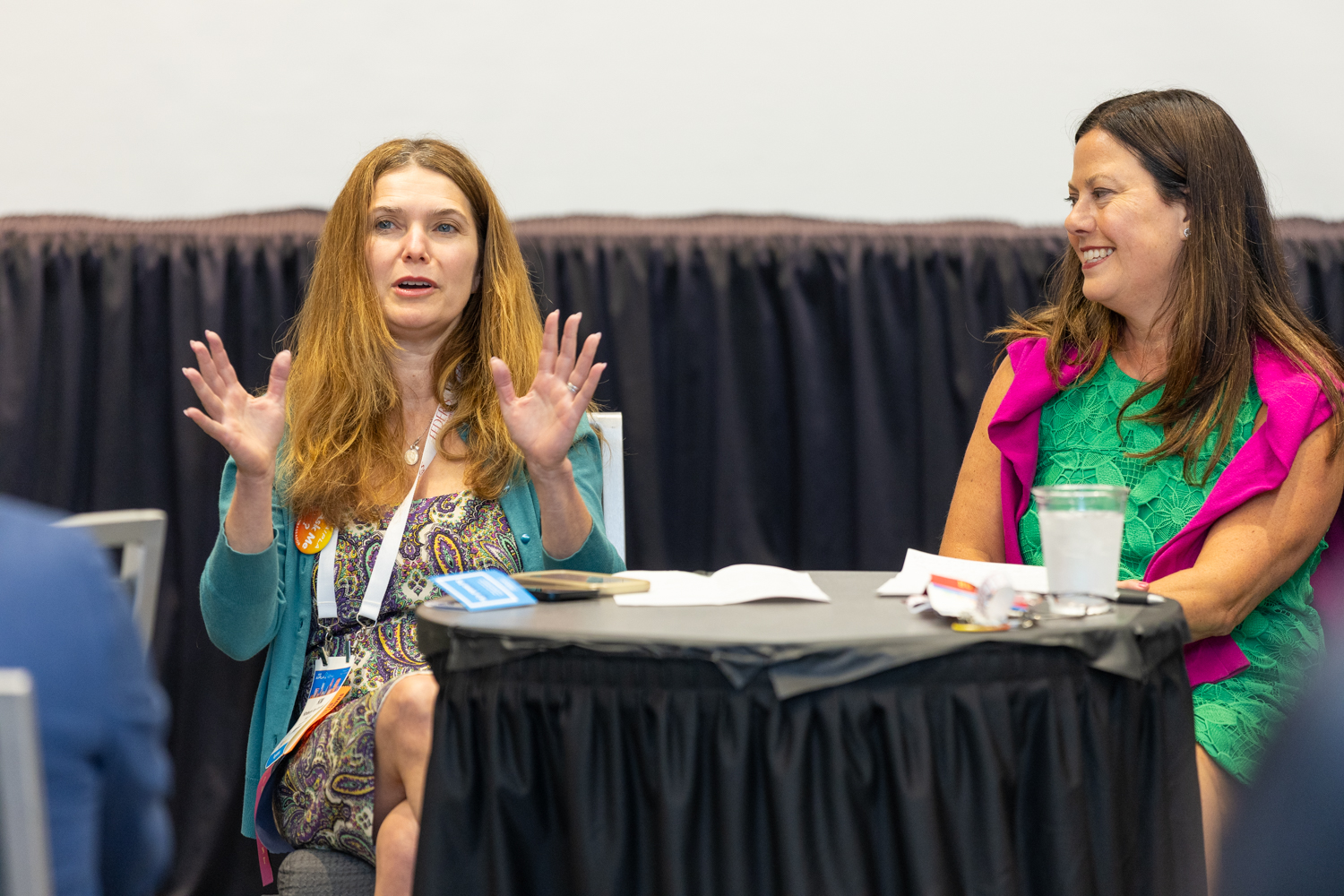
AIPLA President Kim Van Voorhis and Board Member Melissa Buss reflected on their respective journeys in the organization, career growth, and leadership philosophies.
Both women, with strong corporate litigation backgrounds, have served together on the AIPLA Board of Directors for the past three years. Melissa’s highlighted how her AIPLA journey began in law school in 1997. After an early period of active involvement, she balanced engagement with AIPLA and family life before returning to leadership roles such as Chair of the Women in IP Law Committee. She emphasized how AIPLA offered leadership experiences beyond what is often accessible in a traditional legal career.
Kim's trajectory started through committee liaison roles, eventually becoming Chair of the Young Lawyers and Trademark Committees. Her time on the Board, both as a law firm partner and later as in-house counsel at Nike, gave her different perspectives on contributing to the Association. She credits her deep involvement in AIPLA as the best preparation for leading the organization.
The discussion also highlighted work-life balance. Melissa shared her strategy of managing career, family, and AIPLA through a personal system based on “the rule of three” — daily priorities, annual work goals, and mentorship investments. Kim spoke about her need to stay engaged and the value she finds in mindfulness practices, gratitude journaling, and intentional reflection.
Both women emphasized the importance of giving back. Kim noted that as her career has advanced, the drive to mentor and support others has grown. Melissa set personal goals to train 30 patent attorneys and mentor 50 women in IP, a reflection of her desire to pay forward the support she received in AIPLA.
Their advice for young professionals joining AIPLA was to raise your hand, get involved, and follow through. AIPLA rewards initiative and consistent effort over connections. Whether through writing, programming, or committee work, there are opportunities for all skill sets—and confidence grows with participation.
They also shared memorable leadership advice. For Melissa, it was learning to treat management direction as input—not gospel—and always prioritize family. For Kim, it was about embracing authenticity: being yourself is the most effective leadership style.
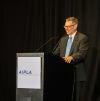 Acting Deputy Director Will Covey Opens the Spring Meeting with USPTO Outlook
Acting Deputy Director Will Covey Opens the Spring Meeting with USPTO Outlook
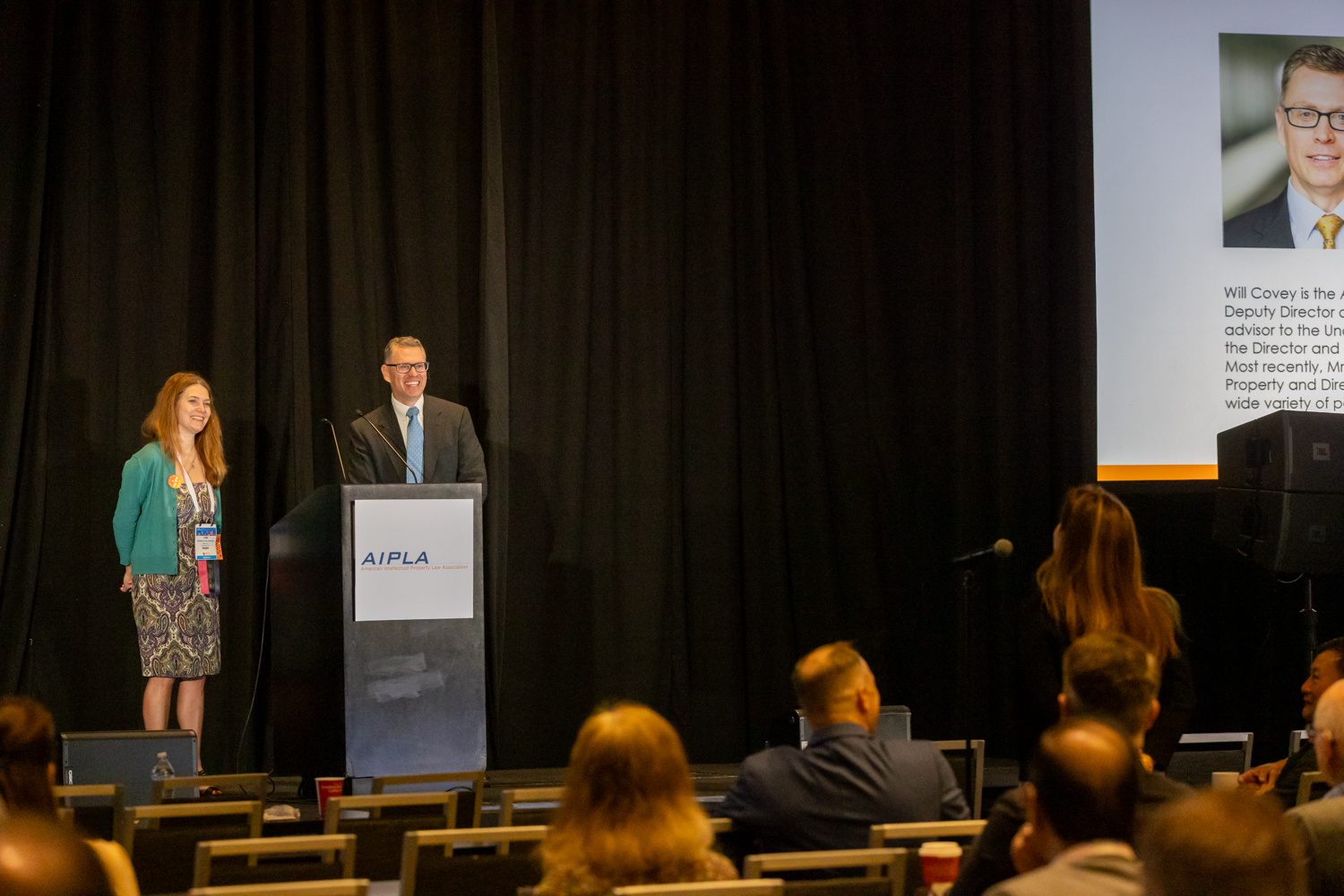
Will Covey, Acting Deputy Director of the USPTO, opened the Spring Meeting by emphasizing the USPTO’s commitment to innovation, transparency, and collaboration with stakeholders like AIPLA, noting that “we always welcome your input,” and shared his appreciation for the strong relationship between the Office and AIPLA.
Addressing the challenges facing the Office, Covey acknowledged the sharp increase in application pendency and backlog—currently around 820,000 unexamined patent applications. Without expanding staff, the USPTO has made progress through internal efficiency efforts and continues to explore ways to improve examination quality and speed. This includes integrating AI, cutting down on examiner administrative tasks, and introducing new incentives for examiners.
On the trademarks front, the COVID-era surge in applications has created lasting strain, and the Office is actively working to reduce the backlog. Covey also noted the Office’s efforts to combat patent and trademark fraud, including terminating applications with false signatures.
He provided updates on improvements at the PTAB, shared the USPTO’s recent recognition as the world leader in IP rights protection by the US Chamber of Commerce’s International IP Index, and underscored the Office’s active global engagement to advance strong IP systems worldwide.
Looking ahead, Covey affirmed the USPTO’s commitment to patent quality and examination reform: “There is a recognition that we have to change the way the examination process works.”
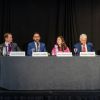 Preserving a Legacy: The Legal Administration of Prince’s Estate
Preserving a Legacy: The Legal Administration of Prince’s Estate
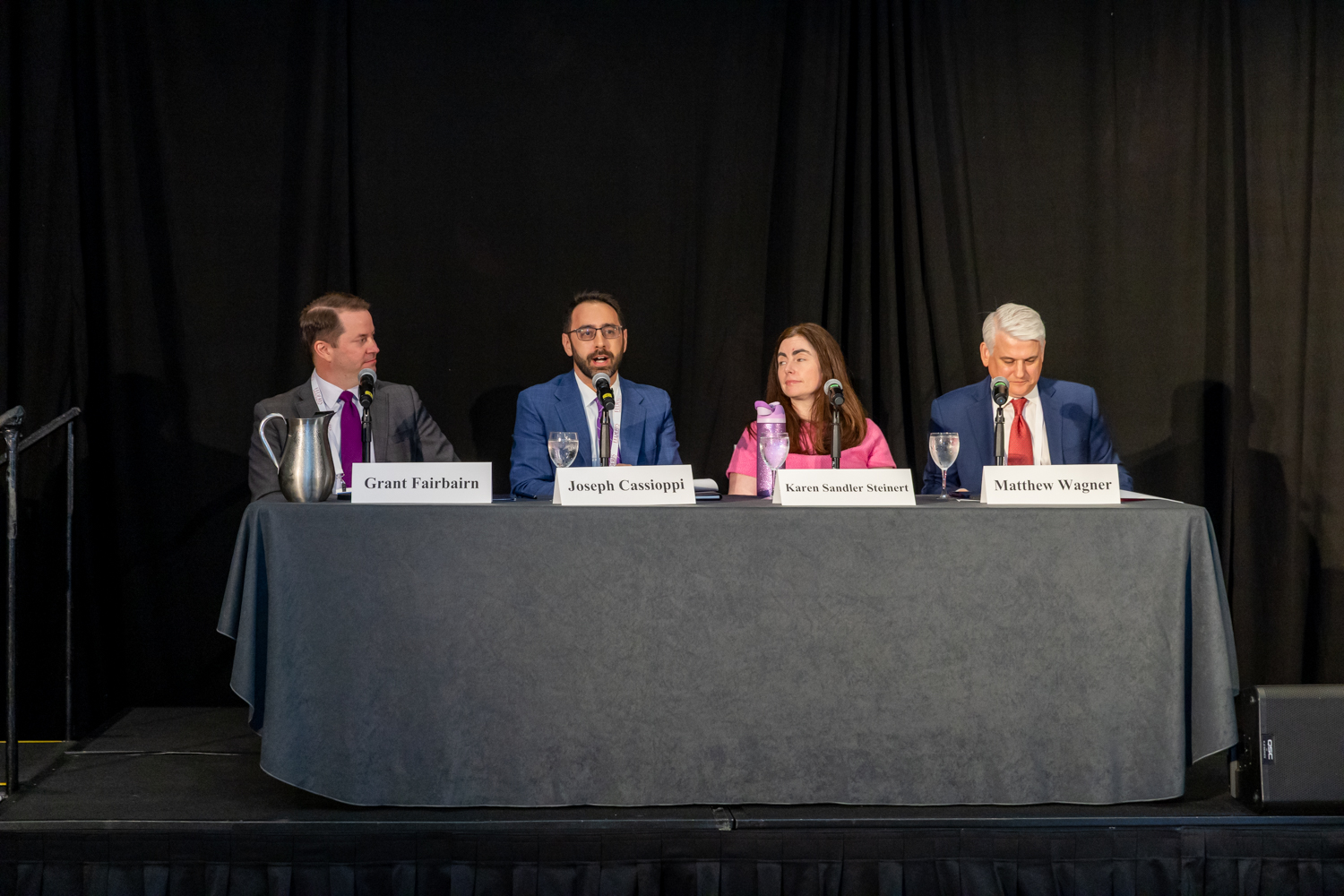
Tuesday’s Keynote Luncheon featured a panel examining the complex legal journey of Prince’s estate, moderated by the Meeting Officer in Charge Matthew Wagner. Panelists Joseph J. Cassioppi, Grant Fairbairn, and Karen Sandler Steinert of Fredrikson & Byron, P.A.—the firm ultimately appointed by Prince’s heirs—shared their firsthand experience navigating the legal intricacies of Prince’s estate.
Following Prince’s passing without a will or trust, the legal team faced many people claiming to be heirs or asserting rights to his intellectual property. With no prior involvement in the estate, Fredrikson & Byron was brought in as counsel. The team worked to identify, organize, and protect Prince’s copyright and trademark portfolios—both critical to preserving the value and legacy of his creative work.
Among the most notable legal battles discussed was Paisley Park Enterprises v. George Ian Boxill, involving an attempted unauthorized release of unreleased Prince recordings. The case illustrated the estate’s broader efforts to safeguard Prince’s rights of publicity and enforce confidentiality agreements.
The panel offered invaluable insights into the intersection of entertainment law, estate administration, and IP protection.
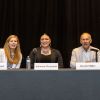 Reconciling Western IP Law with Indigenous Cultural and Traditional Knowledge
Reconciling Western IP Law with Indigenous Cultural and Traditional Knowledge
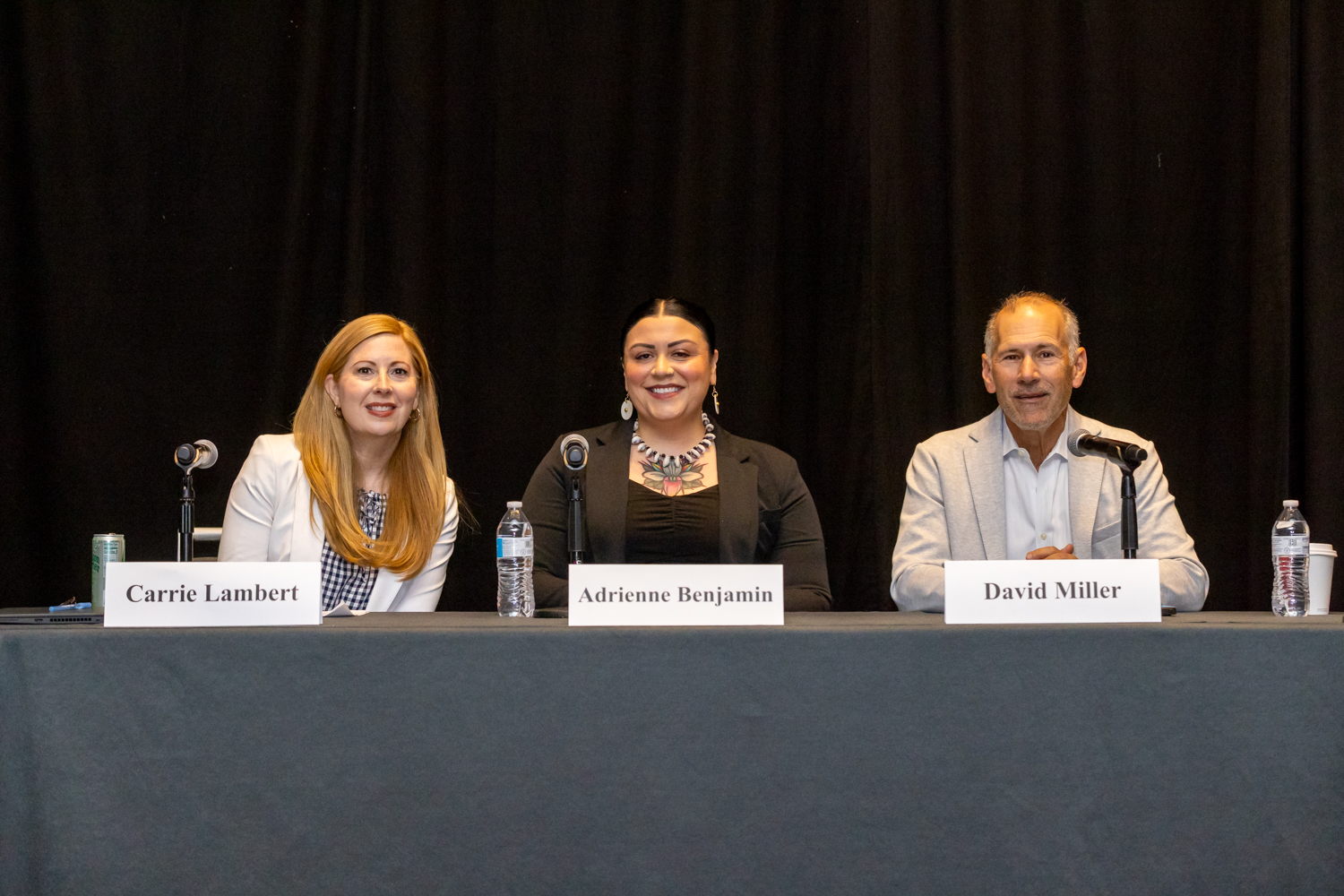
Day two’s opening plenary “Cultural Appropriation vs. Cultural Appreciation: The Role of IP Law in Protecting Traditional Knowledge and Expressions” explored how traditional Indigenous knowledge often exists outside the boundaries of Western intellectual property systems—and what it means to bridge that gap.
Kaniah Konkoly-Thege emphasized that Indigenous knowledge is collective, sacred, and intended to last through generations—fundamentally at odds with Western IP frameworks that prioritize individual ownership, commercialization, and limited terms. She pointed out that copyright law, for example, requires ideas to be “fixed,” while much of Indigenous knowledge is embodied through language, ceremony, and community—not written or recorded. She also shared how IP institutions, like WIPO and the USPTO, are taking initial steps to educate and support Native communities, but work remains.
The conversation then turned to the story of Minnetonka. CEO David Miller and Reconciliation Advisor Adrienne Benjamin shared the company’s evolution from decades of cultural appropriation to a new model of collaboration. After years of selling Native-inspired moccasins, Minnetonka began reevaluating its role, eventually issuing a public apology and building direct relationships with Native artists and communities. One example: the brand now licenses a moccasin design by a Native artist, pays her royalties, and donates to a nonprofit chosen in partnership.
The panel underscored the importance of authentic engagement, accountability, and co-creation when navigating the intersection of intellectual property and Indigenous heritage. As efforts continue to reimagine more inclusive IP frameworks, the Minnetonka case offers a real-world example of how reconciliation and respectful collaboration can take shape.
 SM25 Photos
SM25 Photos
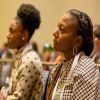 Upcoming Events
Upcoming Events
 Upcoming Webinars
Upcoming Webinars
 New Members
New Members
Upcoming Events
-
.png?sfvrsn=48c235e_1) 2026 Patent Prosecution Bootcamp - Arlington, VA
2026 Patent Prosecution Bootcamp - Arlington, VA
March 4 to 6, 2026 | Up to 1195 minutes, including 60 Ethics minutes
-
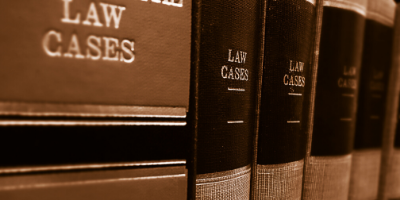 AIPLA CLE Webinar: Damages 2025 Year-in-Review: Lessons and Litigation Strategies
AIPLA CLE Webinar: Damages 2025 Year-in-Review: Lessons and Litigation Strategies
March 11, 2026 2:00 PM to 3:30 PM | Eligible for up to 90 Mins CLE
-
.png?sfvrsn=20d96f46_1) AIPLA LinkedIn Live: What the 2025 AIPLA Economic Survey Reveals About IP Practice Today
AIPLA LinkedIn Live: What the 2025 AIPLA Economic Survey Reveals About IP Practice Today
March 12, 2026 12:00 PM to 12:45 PM
-
2026 Women in IP Global Networking Event
April 16, 2026
The annual Global Networking Event connects intellectual property practitioners from around the world for a day of networking, education, and creating meaningful connections. This year’s theme, Rooted in Real - Women in IP Redefining the Narrative, is an opportunity for the AIPLA Women in IP Law Committee to celebrate authentic experiences, foster genuine connections, and showcase the real stories of women shaping the field of intellectual property law. -
-(1).png?sfvrsn=169c8b82_1) Careers in IP
Careers in IP
April 22, 2026 12:30 PM to 1:30 PM | No CLE

